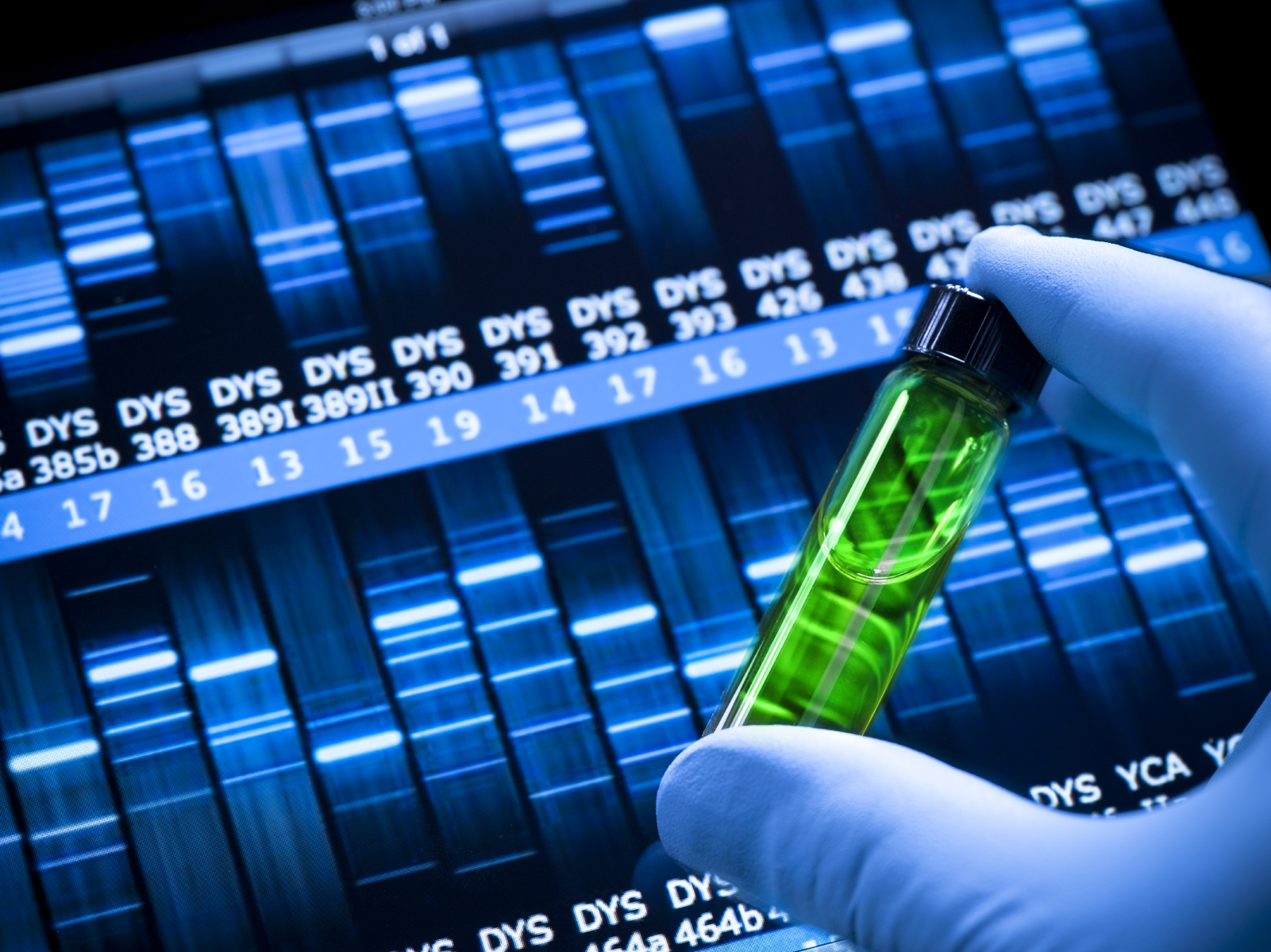Category: Scientific Advances
-

Tracking White Blood Cell Migration
In a new paper, graduate student Evan Weber showed that endothelial protein TRPC6 is the specific calcium channel that helps white blood cells migrate from blood vessels into inflamed tissues and organs.
-

Scientists Find Mechanism That Controls Sleep-Wake Cycle
A recent study sheds new light on how an animal’s biological clock wakes it up in the morning and puts it to sleep at night.
-

Understanding Cellular Interactions During Heart Repair
In a recent study, Shuang Zhang, a fourth year student in the Driskill Graduate Program in the Life Sciences (DGP), shed light on a molecule that mediates cross-talk between cardiac cells and immune cells after injury.
-

Increased Activity in Older Brains May Point to New Avenues for Treating Memory Loss
Recordings of neurons in a little-studied part of the brain associated with memory show an unexpected increase in activity in older brains, a finding that may suggest a new target for therapies to combat memory loss.
-

Exploring How Cells Forge Strong and Flexible Bonds
In a recent study, Northwestern Medicine scientists described a new process that explains how the adhesion between epithelial cells occurs.
-

Regulating the First Step in Gene Expression
Northwestern Medicine scientists have identified the molecular machinery that releases paused gene expression, a finding that helps explain how important developmental genes jumpstart simultaneously.
-

Explaining How a Common Set of Genes Drives Cancer
Behnam Nabet, ’15 PhD, who just completed his doctorate in the Driskill Graduate Program in Life Sciences, studied how mutated Ras genes turn normal cells into cancer cells in a new publication.
-

Sorting Proteins for Cell Communication
Northwestern Medicine scientist Jeffrey Savas, PhD, and colleagues identified a receptor that sorts proteins in synapses, a finding that may augment future treatments for multiple neurological diseases and disorders.
-

New Tool For Investigating RNA Gone Awry
A new technology called “Sticky-flares” developed by nanomedicine scientists offers the first real-time method to track and observe the dynamics of RNA distribution as it is transported inside living cells.
-

Understanding a Cell Component Integral for Mechanical Stability
Two Northwestern Medicine studies help explain how components of the cytoskeleton called intermediate filaments move and assemble to protect cells.






